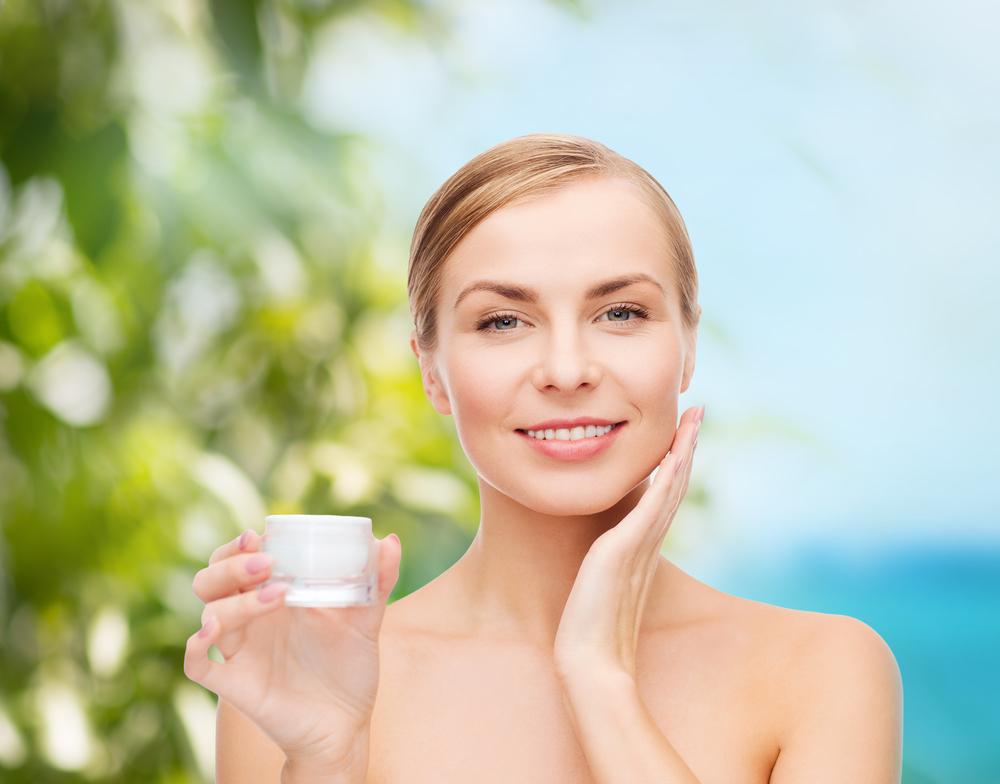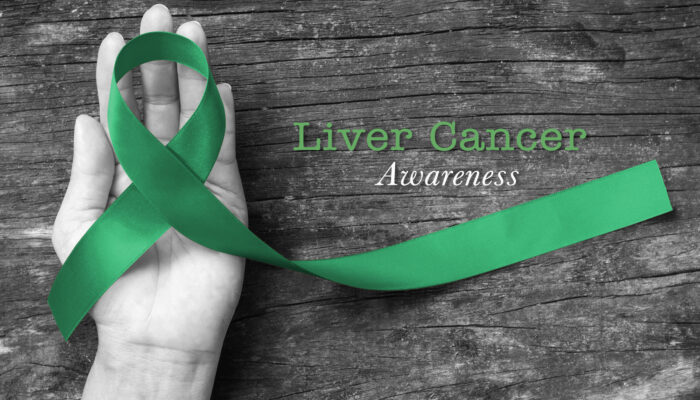
General treatment and home remedies for dry skin
Dry skin is normally not considered as a serious health issue but, a persistent and chronic dry skin usually indicates underlying health conditions like allergy, dermatitis, and psoriasis. To determine the cause of dry skin it is best to speak to a dermatologist who would recommend the best treatment based on individual symptoms.
Medicines that could be prescribed for treating severely dry skin would include
- Topical medication like creams that contain retinoid or alpha hydroxy acids
- Steroids which include hydrocortisone
- Topical antiseptics
- Antibiotics
- Anti-histamines
There are many ways to treat dry skin most of which could be done with simple home remedies such as
- Occasionally exfoliating dead skin cells with a scrub, loofah or pumice stone.
- It is ideal to use ointment and creams that contain emollients and ceramides regularly.
- Using humidifiers to add moisture in the air.
- Using warm water instead of hot water while bathing.
- By gently patting the skin dry with a towel after a bath and not rubbing it vigorously.
- Applying baby oil to the skin while it is damp after a shower.
- The affected areas can be soothed with a cold compress.
- Avoid using excessive antiperspirants and perfumes.
Vitamin D is one of the best vitamins needed for healthy skin along with vitamins C, E, and K. Necessary vitamin D can be got from just 10 – 15 minutes of daily exposure to sunlight. Excessive exposure could cause dry skin. When there is a lack of vitamins, the following symptoms would appear
- Excessive dryness
- Rough patches
- Redness
- Dark Spots
- Wrinkles
The four essential vitamins to achieve optimum skin health are
- Vitamin D
When sunlight is absorbed by the skin, vitamin D is produced. Cholesterol converts into vitamin D and is taken by the liver and kidneys to all parts of the body to create healthy cells, including the skin. It even helps to treat psoriasis a type of dry skin infection. - Vitamin C
Vitamin C is present in high levels in the epidermis (outer skin layer) as well as the dermis (inner skin layer). Its antioxidant properties (cancer-fighting) and production of collagen help in maintaining healthy skin. Adequate vitamin C intake helps to repair and prevent dry skin. - Vitamin E
Vitamin E is also known to be an antioxidant. Its primary function is to protect the skin against sun damage. When vitamin E is applied on the skin, it absorbs the harmful UV rays. It also prevents dark spots and wrinkles from forming. The body produces Vitamin E through sebum an oily substance emitted through the pores of the skin. Sebum in the right balance keeps the skin conditioned and prevents dryness. - Vitamin K
It aids in the process of healing body wounds and bruises and the process of blood clotting. It helps skin conditions such as scars, dark spots, stretch marks and under eye circles.
The prognosis for dry skin is excellent. It can be prevented by a few simple lifestyle changes. In case it develops, there are many effective and soothing treatments available.



